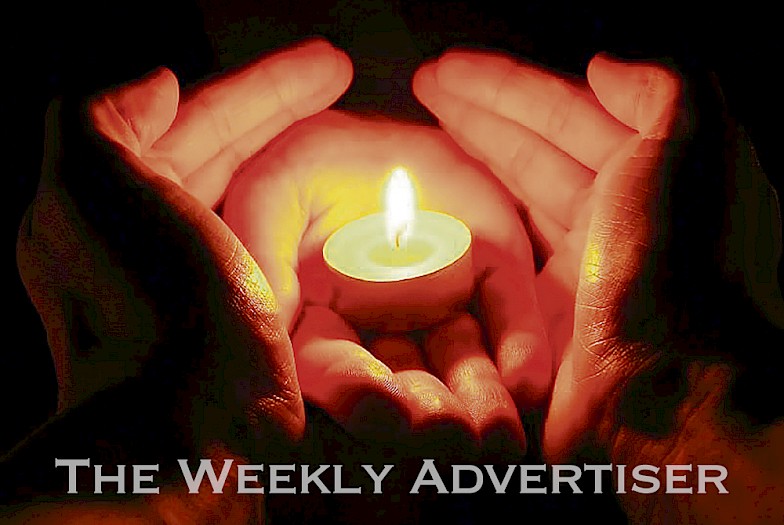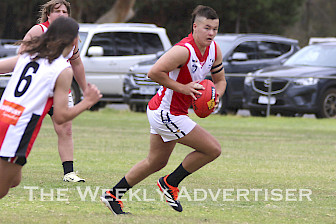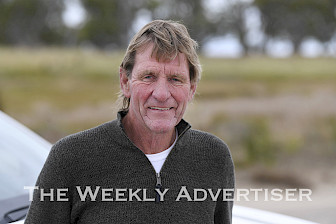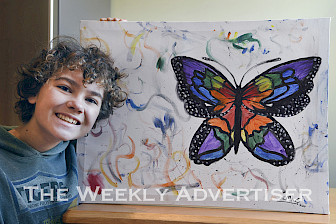But although these responses continue to perpetuate stigma surrounding the early loss of a child, they are often drowned out by women sharing their own heartbreaking stories in solidarity.
Tomorrow night at 7pm, bereaved parents, families, friends and healthcare workers will light a candle to honour all loved and longed-for babies gone too soon.
The ‘international wave of light’ coincides with Pregnancy and Infant Loss Remembrance Day, on October 15.
Wimmera Health Care Group nurse-midwife unit manager Michelle Coutts is encouraging bereaved families to engage in activities to honour and acknowledge their babies.
She said while the COVID-19 pandemic had halted traditional ‘walk to remember’ and face-to-face activities, people could still participate in a range of virtual events.
Mrs Coutts said there was a range of online resources aimed at helping families through the hardest of times, including SANDS Australia, Pregnancy and Infant Loss Australia, The Pink Elephants Network and Red Nose Australia.
She said support services played a vital role following a loss, regardless of when the loss occurred.
“When a baby dies or a miscarriage or stillbirth occurs, families need empathy, validation and connection at a time when their world has fallen apart,” she said.
“COVID has supercharged the need for women to access support online due to being isolated from loved ones they would normally see.
“Some support organisations are reporting a 60 percent increase in the number of requests for help during COVID-19; much of this is because face-to-face consultations with health-care professionals has been affected by virus restrictions.”
Australia remains one of the safest countries in which to give birth, yet despite advances in medicine and increased awareness of antenatal risk factors, one in four pregnancies ends in miscarriage.
A miscarriage is usually defined as a loss of a baby before 20 weeks’ gestation and is the most common form of pregnancy loss. A stillbirth is the death of a baby who has died at any time from 20 weeks’ gestation through to their due date.
Mrs Coutts said while attitudes and behaviours surrounding pregnancy loss had come a long way, there was still a long way to go.
“Absolutely nothing prepares a woman to find out they are pregnant and then find out that they are not. It is a shattering experience,” she said.
“Miscarriage and infant loss is such an isolating experience and the grief felt is often so overwhelming that women don’t talk about it because they might feel that nobody understands what they are going through.
“It’s important women get help and share their stories of loss in a safe space.
“One day their story of what they overcame will become someone else’s survival guide.”
Mrs Coutts said she understood it could be difficult for a friend or family member to know what to say to a parent who had lost a baby.
“It is a deeply personal and tragic experience, but if I can give some advice, I would say talk about them,” she said.
“Talk about the baby and say their name if they have one.
“Parents want to talk about their babies – not because they are stuck or because they are struggling to re-create their lives given their grief – but because they are parents of a baby who is not here anymore and no passage of time will ever change that.”
People can visit sands.org.au for more information about pregnancy loss, including support services and tomorrow night’s online Victorian Pregnancy and Infant Loss Remembrance Service.
The entire October 14, 2020 edition of The Weekly Advertiser is available online. READ IT HERE!






